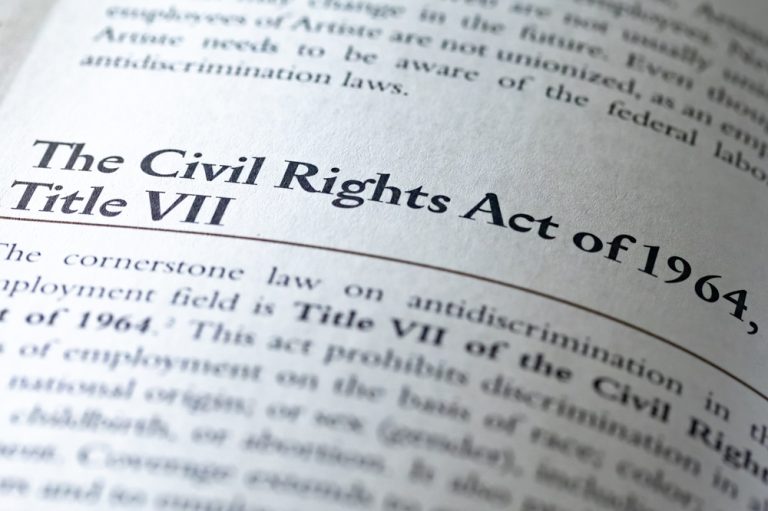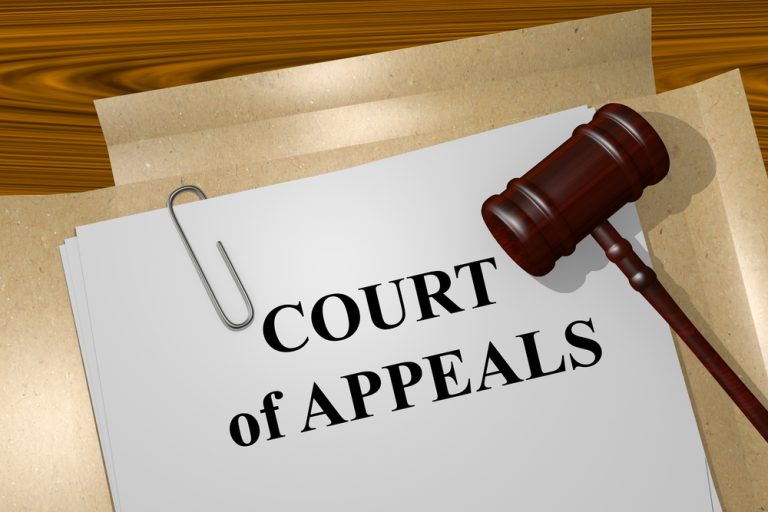The Road to Alignment: Florida Supreme Court Amends Florida Rule of Civil Procedure 1.442 to Follow Florida Statute § 768.79 Regarding Nonmonetary Terms in Proposals for Settlement
The Road to Alignment: Florida Supreme Court Amends Florida Rule of Civil Procedure 1.442 to Follow Florida Statute § 768.79 Regarding Nonmonetary Terms in Proposals for Settlement
Effective July 1, 2022, Proposals for Settlement in Florida shall no longer contain nonmonetary terms, such as a release or confidentiality agreement. The Florida Supreme Court, on its own volition, revised the rule hoping to align with the applicable Florida Statute § 768.79, which also excludes nonmonetary terms in proposals for settlement. “After considering the comments and oral argument, we amend subdivisions (c)(2)(C) and (c)(2)(D) of rule 1.442 to exclude nonmonetary terms from a proposal for settlement . . . .” Similar to the statute, the amendment also considers exceptions for a voluntary dismissal of all claims with prejudice, as well as, the other nonmonetary terms delineated in Florida Statute § 70.001(4)(6) for governmental entities, in specific circumstances.
Where we started
The intent behind both the rule and statute governing proposals for settlement is that they would alleviate courts by fostering settlement and ultimately a resolution without court interference. Despite the intent, in practice, parties still end up in litigation over the validity of proposals for settlements. For years, courts considered the validity of proposals with ambiguous terms or even the validity of joint proposals from multiple parties. The amendment does not alter any provisions of the rule or statute concerning the issue of joint proposals. By eliminating the difference in the rule and statute allowing for nonmonetary terms, however, the Florida Supreme Court hopes to eliminate a previous burden on the courts to harmonize the two.
Where we are going
Moving forward, parties must be strategic in their decision to serve a proposal for settlement. If a party is insisting on a release or confidentiality agreement as part of the settlement, then the party may need to reconsider whether they should serve a proposal. The amendment is silent regarding obtaining releases in the event a proposal is accepted. Further, we must assume that including a release or a confidentiality agreement in a proposal renders it invalid. Parties have included nonmonetary terms, like releases, in their proposals for settlement for years, but the amendment may well lessen the frequency of use of proposals because of the new bright line restriction.
Hopefully, by aligning Florida Statute § 768.79 and Florida Rule of Civil Procedure 1.442, proposals for settlement can be utilized for its original purpose of relieving the courts instead of adding to the already heavy load. Much of the previous litigation regarding proposals was over the validity of non-monetary terms. Now that the Florida Supreme Court eliminated nonmonetary terms in proposals, it may be giving the receiving party of the proposal, most of which are plaintiffs, a benefit of avoiding confidentiality agreements or other terms in a release. No longer will a party have to worry over the restrains of nonmonetary terms when considering whether to accept a proposal.









